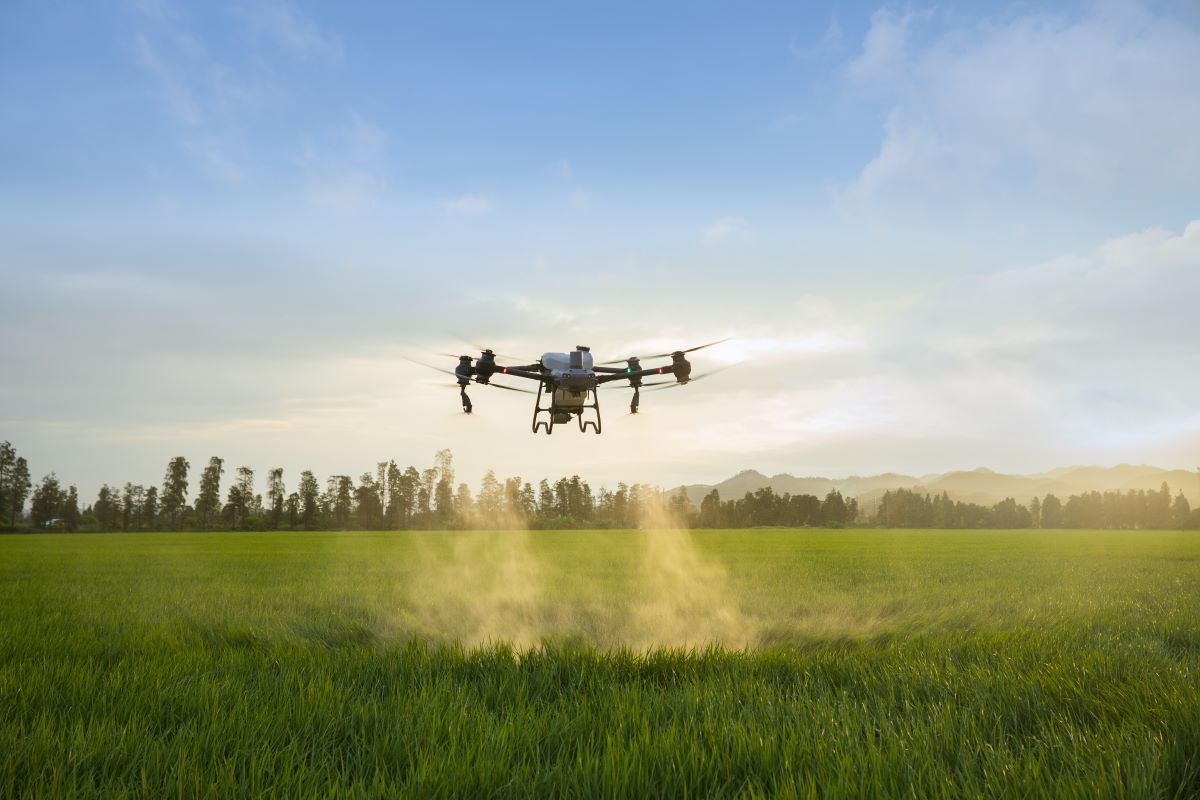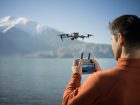
A group of lawmakers has sent a pointed letter to the US Department of Agriculture (USDA) and the Cybersecurity and Infrastructure Security Agency (CISA), expressing concerns over the widespread use of DJI drones in American agriculture. According to these lawmakers, Chinese-made drones have the potential to compromise US food security and provide the Chinese Communist Party (CCP) with access to critical data. DJI, the world’s largest drone manufacturer, has firmly rejected these claims, calling the allegations baseless and defending its role in the agricultural sector.
The call against agriculture drones comes in tandem with the US House of Representatives approving a bill to ban the sale of new DJI drones in the US. This bill, which still requires approval from the US Senate and the President’s signature to become law, would prevent future DJI drones from operating on US communications infrastructure. Thankfully, it will not affect the drones already in use within the country.
Lawmakers’ concerns with DJI agriculture drones
The lawmakers claim in their letter that China’s growing dominance in drone technology, especially in agricultural settings, threatens US food security and national security. They accuse the CCP of using DJI’s technology to monitor and potentially disrupt US agricultural operations, a sector classified as critical infrastructure by CISA.
The letter draws parallels to previous instances of Chinese espionage, such as the alleged theft of genetically modified seeds in Iowa, to suggest that DJI could serve as a tool for the CCP’s influence. The lawmakers argue that DJI’s market dominance is bolstered by “massive government subsidies” and unfair trade practices, allowing the company to outcompete American manufacturers.
Additionally, the letter highlights concerns that DJI’s drones, which can collect detailed data through advanced sensors, could transmit sensitive information back to the Chinese government. The lawmakers stress that China’s National Intelligence Law requires companies to cooperate with state intelligence operations, and as such, DJI may be obligated to share collected data with the CCP.
In light of these concerns, the lawmakers urge USDA and CISA to take immediate steps to address the risks posed by DJI drones. They call for a briefing by the end of September to discuss protective measures and advocate for stronger regulations on the use of Chinese-made drones in U S agriculture.
New: DJI teases Osmo Action 5 Pro camera release: What to expect
DJI’s firm rebuttal
DJI has issued a strong statement denying the accusations made by lawmakers. The company emphasizes its commitment to supporting American farmers and points out that its drones have helped increase productivity, reduce costs, and promote sustainability in US agriculture. DJI maintains that its market dominance is a result of innovation and reliability, not unfair trade practices.
DJI also rejects claims that its drones pose a security risk, noting that independent third-party audits have confirmed the safety of its products. The company asserts it has never received requests for data under China’s National Intelligence Law and clarified that it does not collect user data such as flight logs or photos by default. DJI further criticizes the lawmakers’ demands as harmful to American farmers who rely on its drones for their daily operations.
Farmers defend DJI
Meanwhile, many US farmers have expressed support for DJI, citing the company’s technology as crucial to modernizing agricultural practices. DJI has also shared testimonials from American drone service providers who have built businesses around its products, underscoring the economic contributions of DJI drones to the US agricultural sector. According to these farmers, losing access to DJI’s technology could negatively impact productivity and efficiency.
As the DJI ban bill moves toward the Senate, the debate over the role of Chinese-made technology in critical US sectors, such as agriculture, will likely intensify. While DJI defends its products and continues to provide essential tools to American farmers, the national security concerns raised by lawmakers remain a pressing issue. With the future of DJI’s relationship with the US government uncertain, the agricultural industry finds itself at the intersection of geopolitical tensions between the US and China.
Read more: Which DJI drones support FPV flying with Goggles 3?
FTC: We use income earning auto affiliate links. More.






Comments